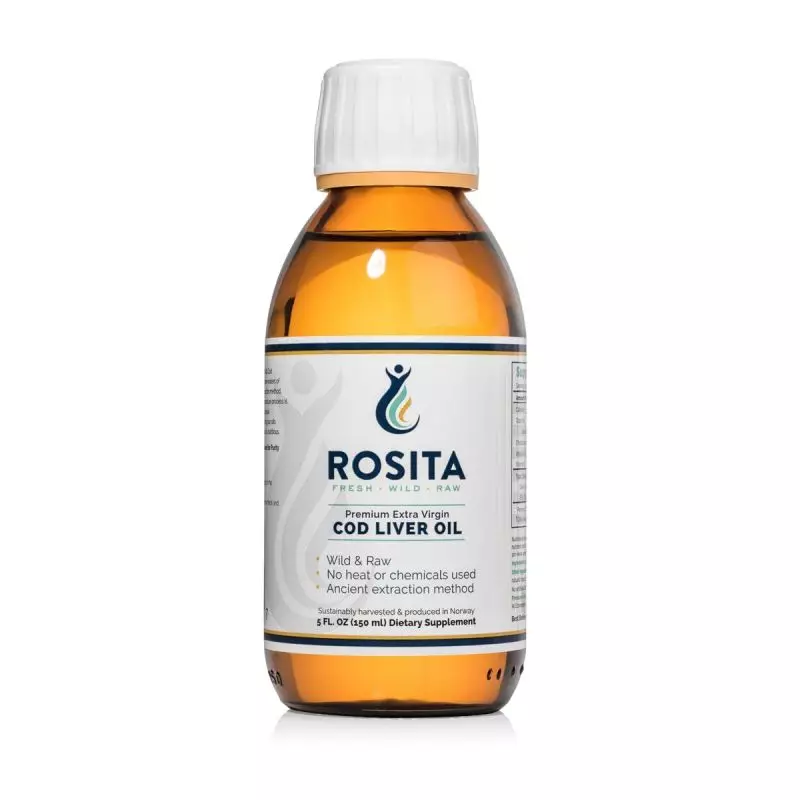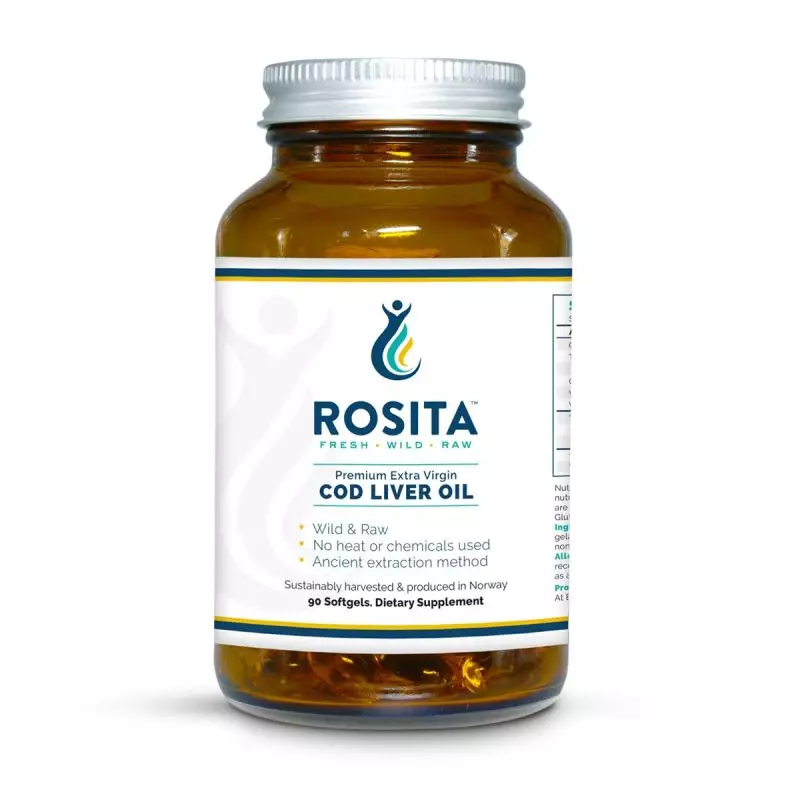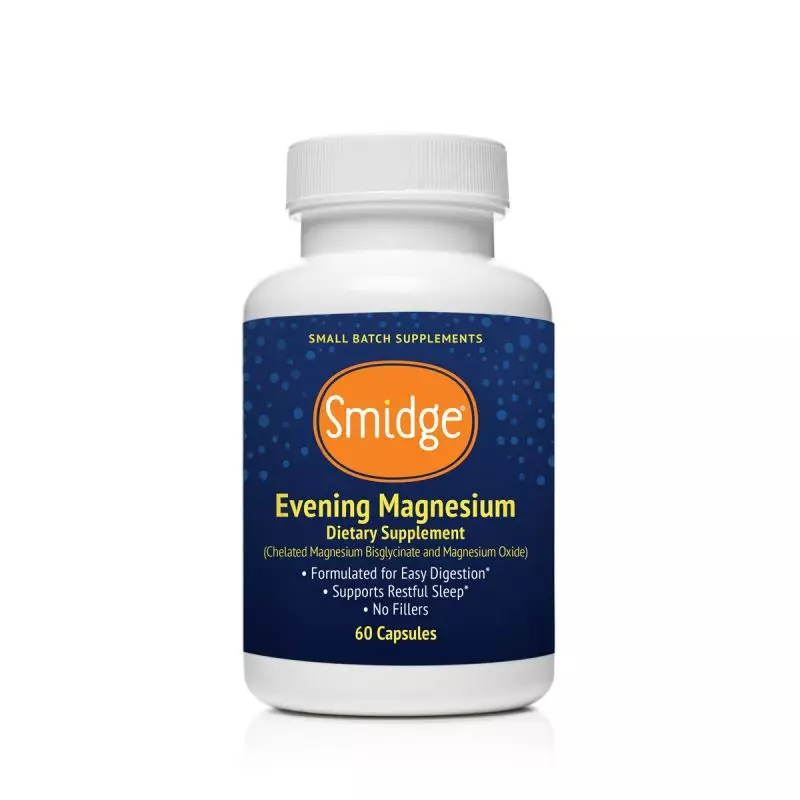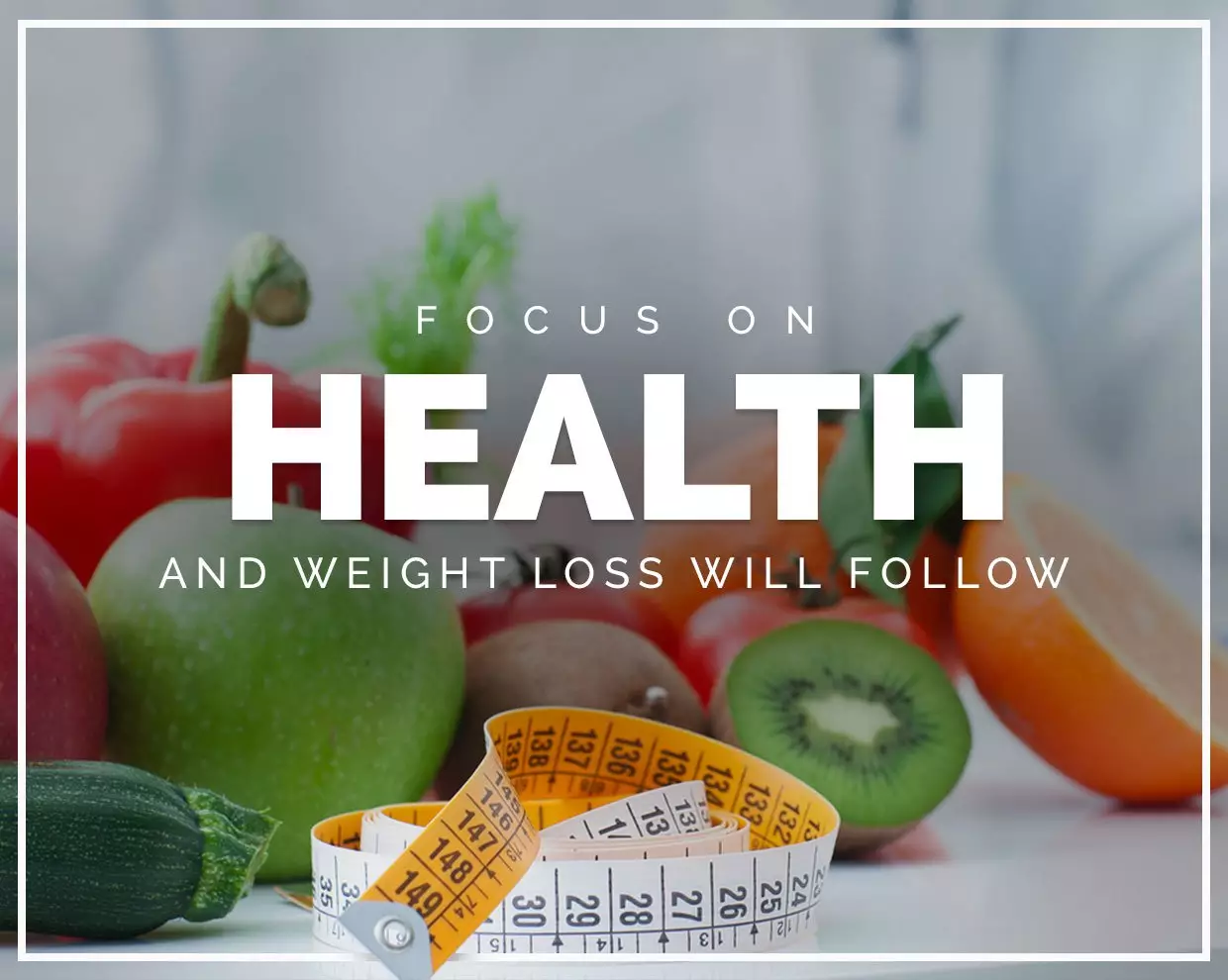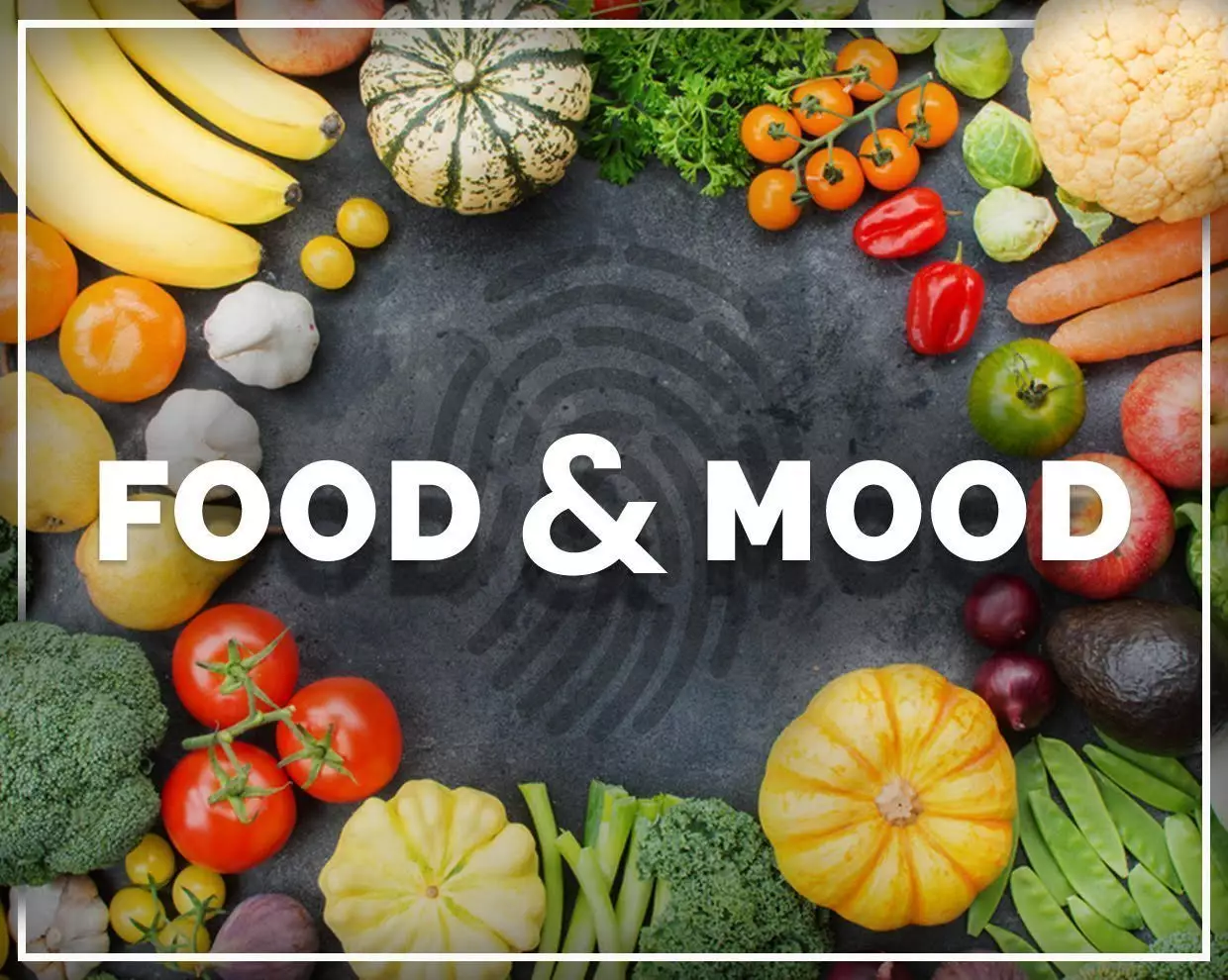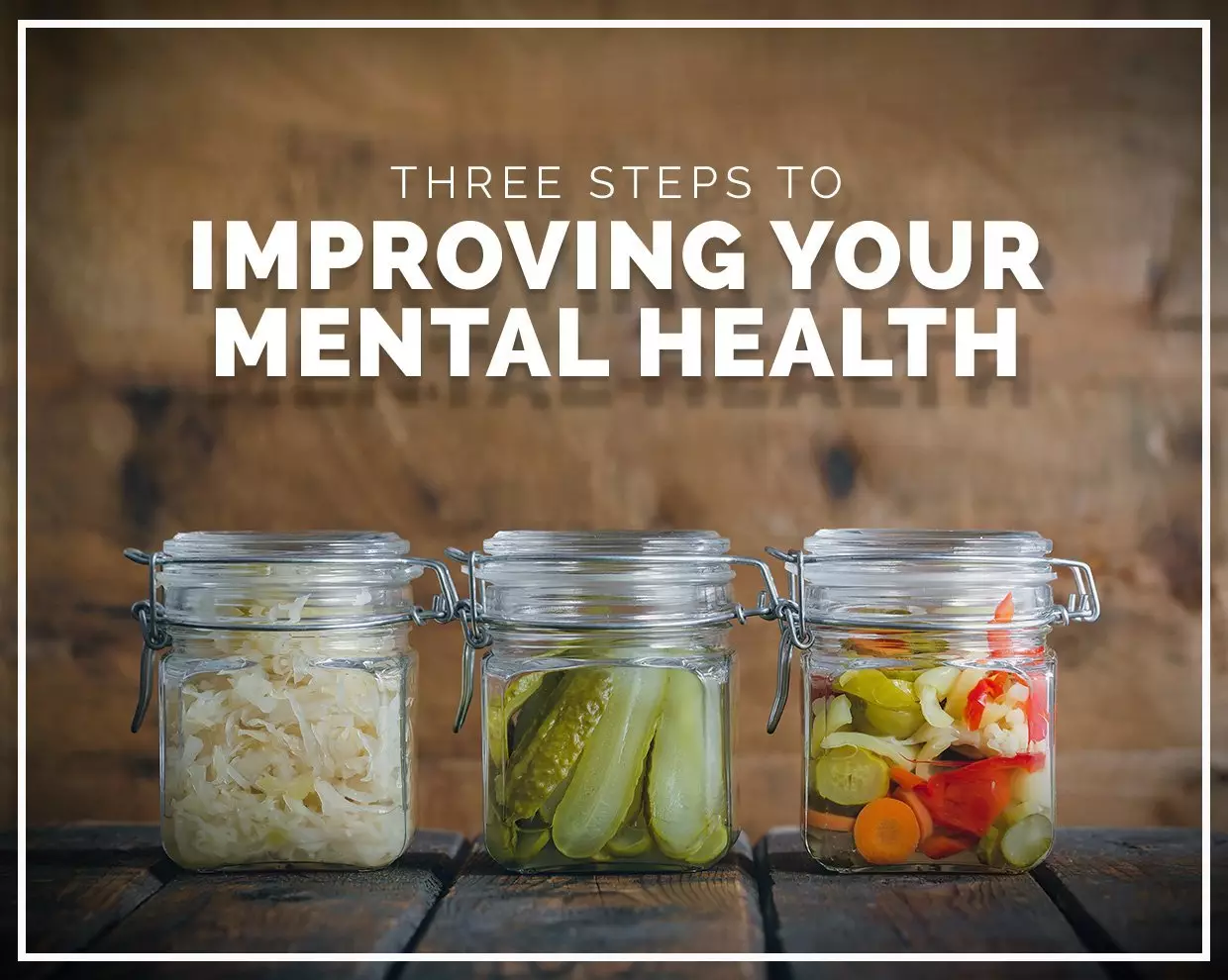The current epoch is often dubbed the "Age of Noncommunicable Diseases (NCDs)," a sombre reference to the prevalence of chronic illnesses like heart disease, cancer, diabetes, and respiratory diseases. These conditions are now the leading cause of death worldwide, largely due to our increasingly sedentary lifestyles, processed diets, and extended lifespans. According to the World Health Organization (WHO), NCDs account for 71% of all deaths globally, totalling 41 million people each year. [1] The battle against these silent killers is multifaceted, requiring a strategic blend of medical intervention, lifestyle changes, and nutritional supplementation. In this article, we will discuss the critical health trends of 2023 and discuss how you can equip yourself in the fight against NCDs with a little help from Functional Self.
Here in Functional Self, we advocate for a holistic approach to health. That means we focus not only on treating symptoms but also on addressing the underlying causes of these diseases. Let's consider two main areas where we can take a stand against NCDs: lifestyle modifications and nutritional support.
Lifestyle Modifications
An impressive body of research suggests that making specific changes to one's lifestyle can substantially decrease the risk of NCDs [2]. There are four critical areas we can target to make a significant impact on our health: diet, physical activity, alcohol consumption, and tobacco use.
Let's start with diet. What we fuel our bodies with directly affects our overall health and well-being. A diet rich in fruits, vegetables, lean proteins, whole grains, and healthy fats can help protect against many NCDs. On the flip side, diets high in saturated fats, trans fats, sugar, and salt are linked to heart disease, stroke, diabetes, and certain types of cancer. [3] Thus, a mindful approach to nutrition can act as the first line of defence in the fight against NCDs.
Next, physical activity. Regular exercise is essential for maintaining a healthy weight, strengthening the heart, and reducing the risk of various diseases. WHO recommends at least 150 minutes of moderate-intensity aerobic physical activity throughout the week for substantial health benefits. [4] Yet, in our increasingly sedentary lives, finding time for physical activity can be challenging. But every little bit helps! Whether it's taking the stairs instead of the lift, biking to work, or a 15-minute workout during a lunch break - all contribute to your physical health.
Reducing alcohol consumption is another crucial lifestyle modification. While moderate drinking may not pose substantial health risks for most people, excessive alcohol consumption is linked to various health problems, including cancer, liver disease, and heart disease. [5] The key is moderation and understanding your body's limits.
Finally, the elimination of tobacco use is perhaps the most impactful lifestyle change one can make to prevent NCDs. Smoking is a primary risk factor for many NCDs, including heart disease, stroke, and lung cancer. [6] Quitting smoking can dramatically reduce the risk of these diseases, regardless of how long you have been a smoker.
Making these lifestyle changes may seem daunting. They require a complete shift in mindset and daily habits. But remember, as the old adage goes, "A journey of a thousand miles begins with a single step." Start with small changes and gradually incorporate them into your daily routine. You'll soon see that these lifestyle modifications are not just doable, but they can also enhance your quality of life while helping you stand firm in the fight against NCDs.
Nutritional Support
Nutrition is the cornerstone of health, acting as our body's frontline defence against various diseases, including NCDs. A balanced diet rich in a variety of nutrients is key to maintaining overall health and wellbeing. It provides our bodies with the fuel they need to function optimally, support immune health, and fend off diseases.
When discussing nutrition's role in preventing and managing NCDs, we need to focus on three major areas: macronutrients, micronutrients, and phytonutrients.
Macronutrients are the nutrients we need in large amounts - carbohydrates, proteins, and fats. Carbohydrates serve as our body's primary energy source, proteins are vital for tissue growth and repair, and fats are essential for various bodily functions, including nutrient absorption and hormone production. It's important to choose high-quality sources for these nutrients. Whole grains, lean proteins, and healthy fats from sources like avocados, fish, and nuts can help safeguard our health.
Micronutrients, although required in smaller amounts, play an equally vital role in our health. These include vitamins and minerals. Vitamins such as A, C, and E are potent antioxidants that protect our cells from damage. Minerals like calcium, potassium, and magnesium support various bodily functions, from bone health to muscle function. Micronutrient deficiencies can lead to a weakened immune system, making us more susceptible to NCDs. Thus, a diet rich in fruits, vegetables, lean proteins, and whole grains, which are all excellent sources of various micronutrients, can be a powerful tool in the fight against NCDs.
Lastly, phytonutrients, or plant compounds, have been shown to possess numerous health benefits. These compounds, found in fruits, vegetables, whole grains, nuts, beans, and tea, have antioxidant and anti-inflammatory properties. Some, like curcumin (found in turmeric) and resveratrol (found in grapes), have been extensively studied for their potential role in preventing and managing chronic diseases. [7]
While it's essential to get most of our nutrients from a balanced and varied diet, supplementation can sometimes be necessary to fill nutritional gaps or meet higher nutrient needs at certain life stages or under specific health conditions. If considering supplementation, it's always best to do so under the guidance of a healthcare professional.
In conclusion, proper nutrition is one of our most effective strategies in the fight against NCDs. Alongside other lifestyle modifications, it can help us take control of our health, reduce disease risk, and enhance our quality of life. Remember, every nutritious meal is a step towards a healthier future. It's time to harness the power of nutrition in our battle against non-communicable diseases.
The fight against non-communicable diseases is far from over. However, we're not powerless in this battle. With the right knowledge, resources, and proactive steps, we can make a significant difference. We invite you to explore our range of carefully curated products, each designed to support your health and wellbeing, as part of your strategy against NCDs. Together, we can forge a healthier future.

 UK Store
UK Store  NZ Store
NZ Store AU Store
AU Store EU Store
EU Store


